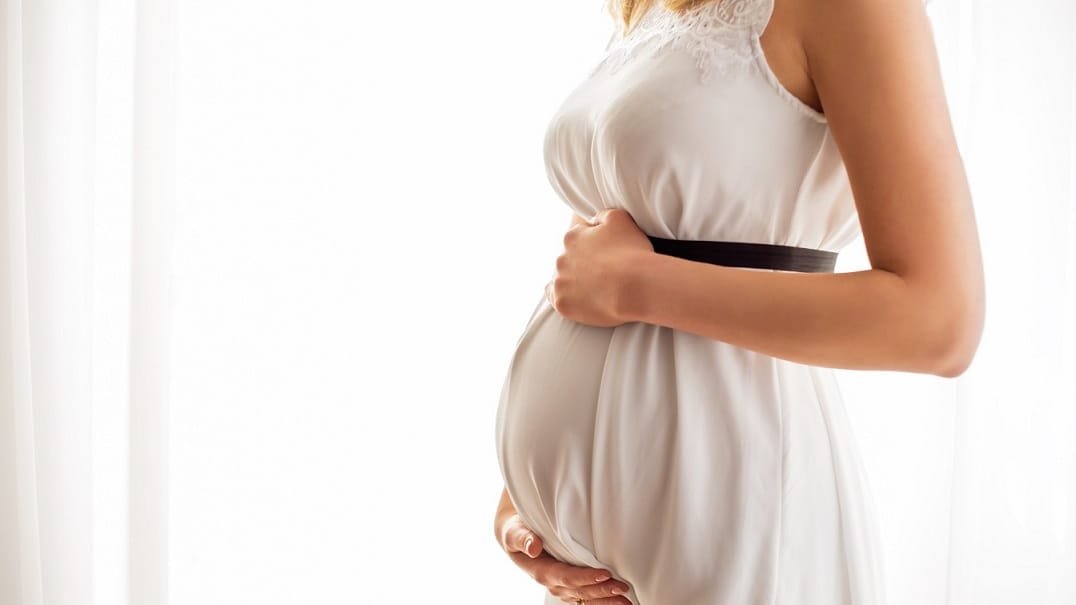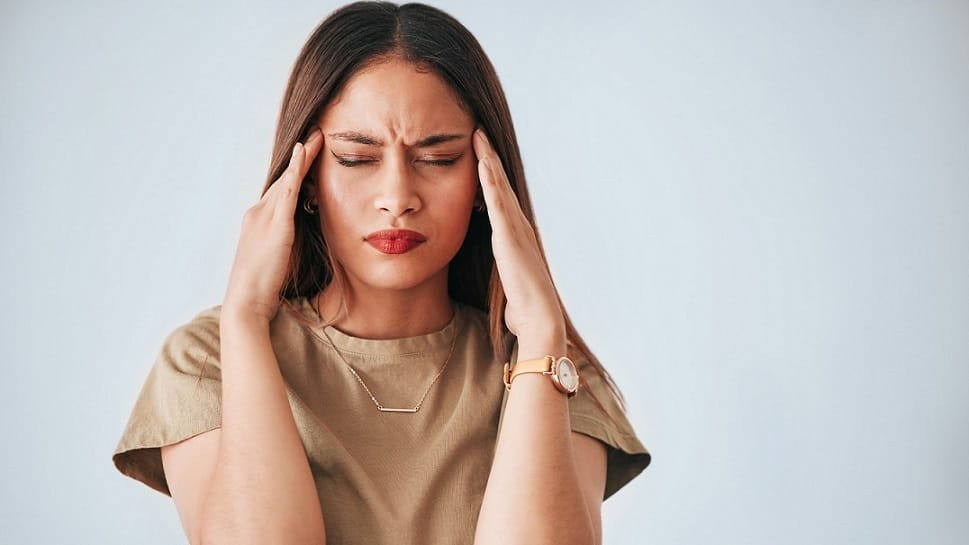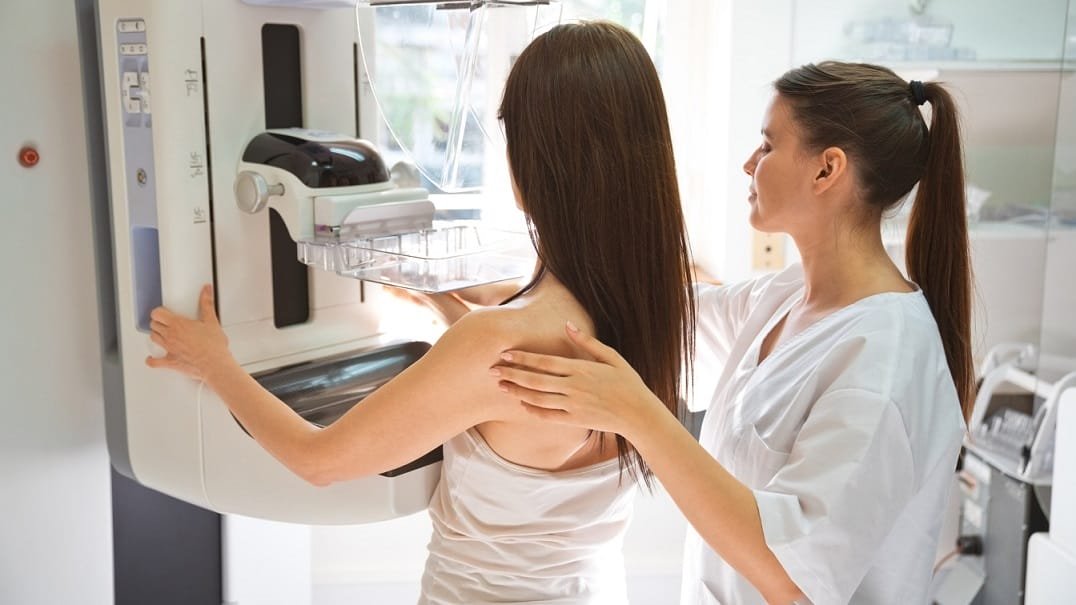To answer this question better you need to understand some basic biological concept that a woman’s body goes through after periods hit. Ovulation is the monthly release of an egg from a girls ovaries. It is the time when she is most likely to get pregnant if she has sex. Ovulation happens within a few days after a girl’s period is over. Sperm can fertilize an egg for 3 days. So if a girl has sex on the last day of her period and ovulates in the next few days, the sperm may still fertilize the egg.
Most likely you will not get pregnant having sex while on your period. That’s because your ovulation time is several days away decreasing any chances of getting pregnant during this time. However, there are exceptions. This applies to women who have a typical 28 to 30 day or longer cycle. If you have a shorter cycle, say every 21 to 24 days, that means you are ovulating earlier in the cycle. Because sperm can live inside you for up to 5 days, you could have sex towards the end of your period and then conceive 4 or 5 days later with your early ovulation.
The probabilities of getting pregnant during your period are low, but the possibilities are there. This is not the time to have sex if you are trying to get pregnant.
The likelihood of getting pregnant right before your period is extremely low. For women with a typical 28- to 30-day cycle or longer and their cycles are regular, it is fairly safe to say your ovulation occurred between Day 11 and Day 21. The egg is only available for 12 to 24 hours for conception.
But there are exceptions. You can get pregnant during your period.
If you didn’t ovulate in the middle of your cycle.
If your periods aren’t regular — so you don’t ovulate regularly.
If you have a short menstrual cycle.
It’s not quite that simple, says Ob/Gyn Amy Stephens, MD. She clears up the confusion about fertility and your monthly cycle.
Fertility windows
The most fertile time of your cycle, when you are most likely to get pregnant, is when you ovulate, or release an egg, Dr. Stephens explains. That typically happens midway between periods.
So if you have a regular 28-day cycle, Day 1 would be the first day of your period, and you would ovulate around Day 14. “You have the highest chance of getting pregnant during the few days before and after that day,” she says.
The chances of getting pregnant when you’re on your period are low, but they’re not zero. So how could a pregnancy happen at the same time your body is deciding it’s not pregnant?
If egg meets sperm during ovulation and implants in that lining, bingo — baby on board. If not, your body sheds both lining and egg (and … you’re bleeding).
Most women’s menstrual cycles last about 24 to 28 days, from the first day of their period to the first day of the next period. Because the egg can survive for 24 hours after ovulation and sperm can live inside a woman for up to five days, a woman can get pregnant starting five days before ovulation and ending a day after.
Having unprotected sex at any time is risky. Along with the risk of getting pregnant, you could also get an STD, such as chlamydia, genital warts, or HIV. The only way to completely prevent pregnancy and STDs is abstinence (not having sex).
If you do have sex, use a condom every time to protect against unplanned pregnancy and STDs. For added protection, many couples use condoms along with another method of birth control, like birth control pills or an IUD. Talk to your doctor about the best type of birth control for you.




